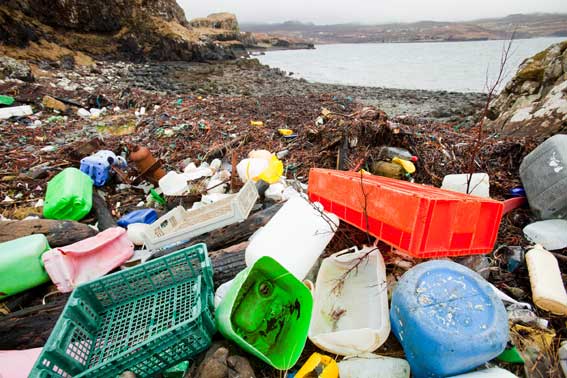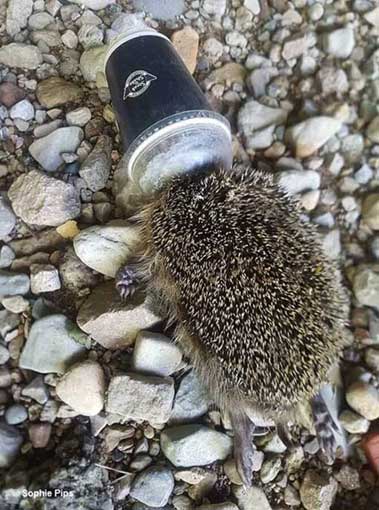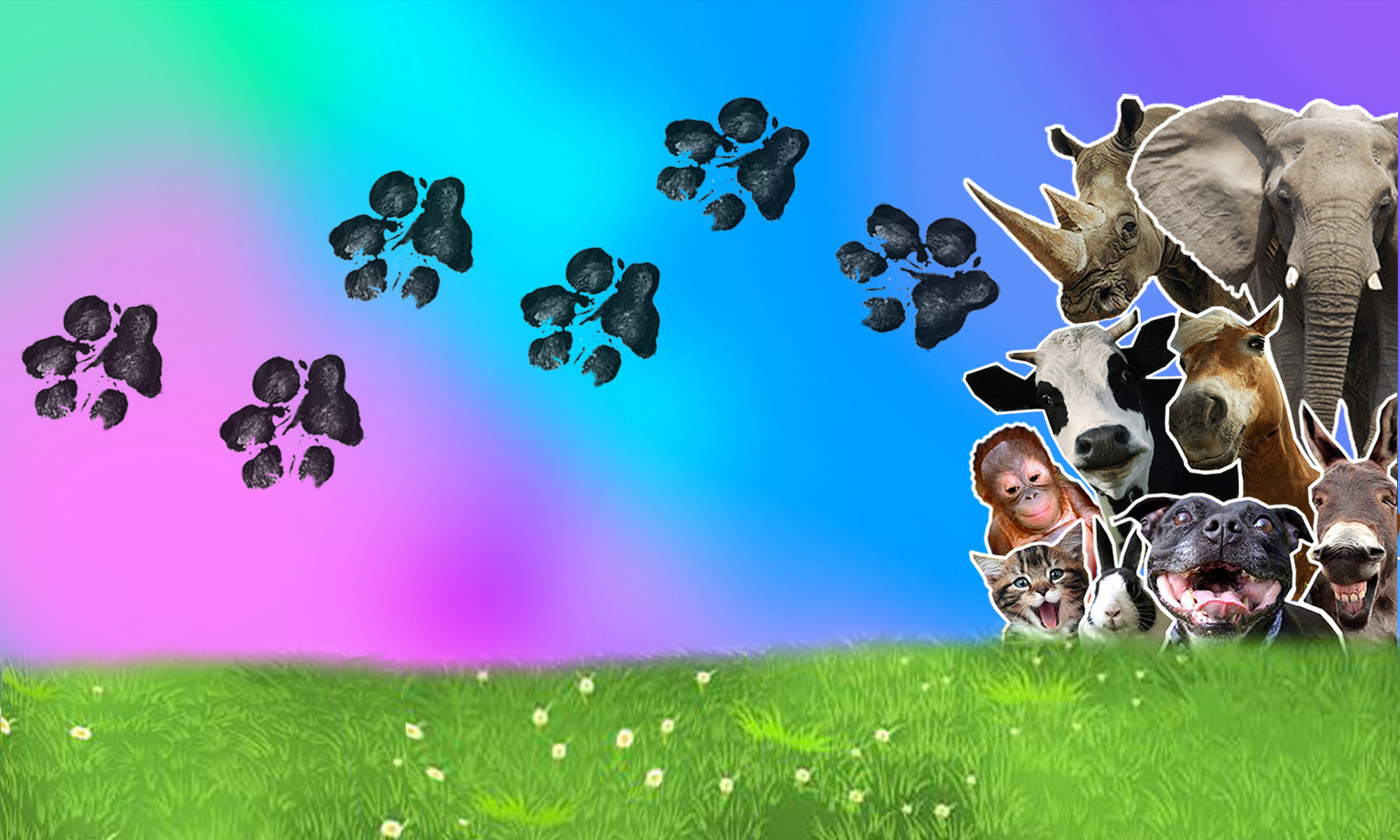Table of Contents
Introduction
You can help both marine animals and other wildlife by doing your bit to stop ocean plastic pollution. Plastic from anywhere can end up in the sea. Even if it is hundreds of miles away from the coast to start with, there are ways it can It can eventually get to the sea. It then harms and kills marine animals. They can get tangled in things, or plastic can end up inside them. It fills their stomach and they cannot digest it or get nutrients from it. This leads to them dying a horrible, slow death as they starve. It affects animals who live in the water, and sea birds.
Tiny pieces of plastic, called micro plastics from the sea even gets into humans, because humans eat fish and other sea animals, who have eaten plastic. Land animals are also suffering.
The ocean plastic pollution that washes up on beaches is about 1% of it. The other 99% is in the ocean.
Image: The view of this seabird’s stomach contents show how plastic is killing animals

If You Feel Like You Can Hardly Make A Difference
It is important to remember that even the little you can do on your own may prevent animals from being harmed. You, personally, will have saved them from being harmed.
You might still think that taking action yourself can only make a little difference in the great scheme of things, but there are a growing number of people doing it, and collectively, it makes a big difference.
How Does Plastic End Up In The Ocean?
Ocean plastic pollution can be caused in all sorts of ways. Litter with plastic in can be washed by rain or blown by wind into streams and rivers, which lead to the sea.
Plastic being transported to landfill can blow away because it is so light weight, and end up in the sea in the same way.
Plastic can be washed down drains in the street or drains in our homes. It can be put down the toilet, and tiny plastic fibres can be washed into the drains by our washing machines.
Small fibres of plastic are too tiny to be filtered by waste water filtration plants, so end up in the rivers and the sea, causing ocean plastic pollution.
Illegal dumping of waste is a big contributor to ocean plastic pollution and chemical pollution, which also kills and harms animals. Animals commonly get tangled in fishing line, nets, and ropes, and can also be harmed by other items discarded by fishermen and sea vessels.

It’s Not Only Marine Animals Who Suffer
Land animals also suffer due to litter, and not just plastic litter. Animals can be hurt or killed by all sorts of discarded items. These include: being hurt or dying after getting tangled in fishing line, in Chinese lantern frames; starving or suffocating after getting trapped in aluminium cans, or getting their heads trapped in tin cans or other pots; getting trapped or tangled in bags or balloons. Animals can also be terribly injured by these items over a prolonged period of time. The pain they must endure is unimaginable. When humans eat marine animals, they are harmed by the micro plastic and the plastic toxins in the marine animals.
Image: A hedgehog has died after getting its head trapped in a coffee cup. Source

What You Can Do
Cut down the chances of ocean plastic pollution by not littering, and by recycling all of your plastic. You can also try to buy items with less packaging. You can write to companies asking them to use less plastic in their products, or less plastic packaging on their products, and to make what they do use 100% recyclable. Try to use biodegradable products, or even better, reusable products. Even when items are biodegradable, they can take a long time to degrade, and have done damage to animals long before they degrade. Stick to only putting toilet paper down the toilet.
Don’t Be A (Litter) Tosser
If you are out and about, collect litter you see. It may be in towns, countryside, or on the beach. What you collect may save animals from suffering terribly.
Reusable Coffee Cup
If you are a coffee drinker, carry a reusable cup. Seven million coffee cups are thrown away every single day in the UK alone!
Refillable Cold Drinks Bottle
Carry a refillable bottle for cold drinks. Some pubs, cafe’s and restaurants will refill your bottle with nice cold water for free.
Plastic (Cutlery) Is Not Fantastic
Carry a spork, keep and re-use plastic cutlery, or use compostable cutlery. By doing this, you could save 466 pieces of plastic cutlery a year.
Sips Over Straws
Carry a metal straw, use a paper straw, or just sip your drink. Plastic straws and stirrers can take up to 200 years to decompose.
Foil Instead Of Film
Don’t use clingfilm to cover food, use foil instead. Remember to recycle it. There are also many reusable eco-friendly food covers on the market.
Totally Plastic Free Teabags
Most teabags contain plastic. Use loose tea with a strainer, or try plastic free tea Pukka Tea and Teapigs teabags. PG is also bringing out biodegradable teabags.
Go For Plastic Free Gum
Britons are the second biggest consumers of gum in the world. We chew an estimated 130 sticks per person each year. Chewing gum is made from plastic. Go for plastic free alternatives such as Glee or Chewsy.
Not All That Glitters Is Good
Glitter is a micro plastic and lethal to our oceans. There are plenty eco-friendly glitters out there though. Have a look at eco-glitter fun.
Be Discerning About Bottle Stoppers
Wine bottles with plastic stoppers or metal screw caps contain BPA, an industrial chemical used to make plastic. Choose to only go for wines with cork stoppers. If your aim is to stop animals coming to harm, there are plenty vegan wines. Find out which wine is vegan, at Barnivore.
No To Balloon Releases
Do an alternative to balloon releases. Balloon releases are a very popular way for people to remember someone they have lost. However, think about whether the person you are remembering want animals to be harmed, and possibly killed, in their memory? Think about how whether they would have preferred another type of remembrance event. Maybe a candle lit vigil. Or maybe a place where people could go to remember the person, such as a bench for people to sit on, or a tree for people to sit by. Maybe even a small memorial garden. If the person loved animals or the environment, something that benefited them, rather than harmed them, may be more appropriate.
Share To Make People Aware
More and more people are doing all these things as they become more aware of the problem. A big thing you can do is share this page on social media so that more people will become aware of the seriousness of the problem, and know what to do to help.
Many More Ways To Help Animals
This site has hundreds of ways on it to help animals and save then from suffering.
You can raise or earn money for animal charities and rescues for FREE. You can find many ways to save the lives of companion animals, here. If you like crafting, there are many ways to do that to help animals in need. In addition to those ways, there are many other ways to help animals, and of course there is the one single best thing you can do for animals and the environment, that gives more benefit than everything else on this site.
Finally, raising awareness of what can be done to help animals, and why they need our help, is very important. You can do this by sharing this website, or any of its pages, on social media. Doing so means more people will help animals.

This makes me disgusted how and why do people live with themselves by doing this to animals.?